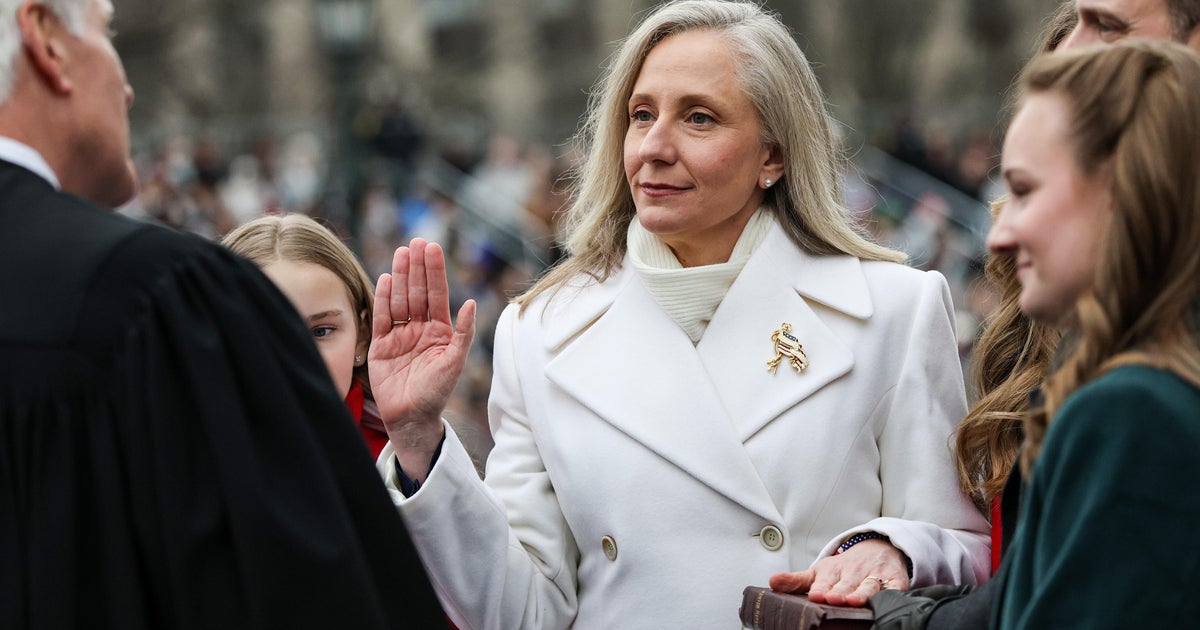Federal appeals court halts Biden's COVID-19 vaccine rule for large businesses
A federal appeals court on Friday halted the Biden administration's new COVID-19 vaccine rule for private businesses with 100 or more workers, marking a victory for a group of states and businesses that say it's an overreach of the president's authority.
The controversy comes after the Occupational Safety and Health Administration issued a rule in early November that would require businesses with 100 or more employees to ensure that their employees are either fully vaccinated or undergo weekly COVID-19 testing by January 4. The Occupational Safety and Health Administration said it would fine businesses almost $14,000 for each employee that did not comply.
The court issued a scathing criticism of that rule on Friday, arguing that the Occupational Safety and Health Administration does not have the authority to issue such a broad and aggressive requirement.
"The Mandate is a one-size fits-all sledgehammer that makes hardly any attempt to account for differences in workplaces (and workers) that have more than a little bearing on workers' varying degrees of susceptibility to the supposedly 'grave danger' the Mandate purports to address," the court wrote. The three-judge panel also said that imposing the rule "grossly exceeds OSHA's statutory authority."
Texas' attorney general Ken Paxton celebrated the decision on Twitter, calling it "a massive victory for Texas & FREEDOM from Biden's tyranny & lawlessness."
In a statement to CBS News, the Department of Justice said the decision "is just the beginning of the process for review," adding that it planned to "vigorously defend the standard."
The rule, which would impact about two-thirds of the private-sector labor force, drew quick backlash from businesses and conservative state officials when it was announced last week.
"The president will not impose medical procedures on the American people without the checks and balances afforded by the constitution," Louisiana's Republican attorney general said at the time, according to The Associated Press. At least 27 states filed lawsuits over the requirement, the AP reported.
Friday's decision from the 5th U.S. Circuit Court of Appeals comes after the court placed a temporary hold on the requirement last week, arguing that it needed time to consider "grave statutory and constitutional issues" raised by the plaintiffs.





